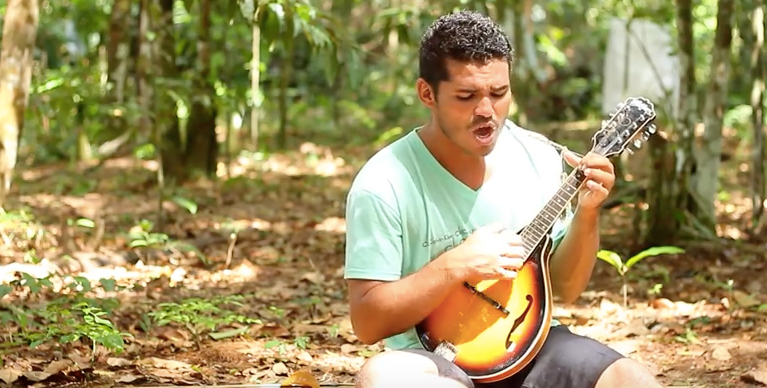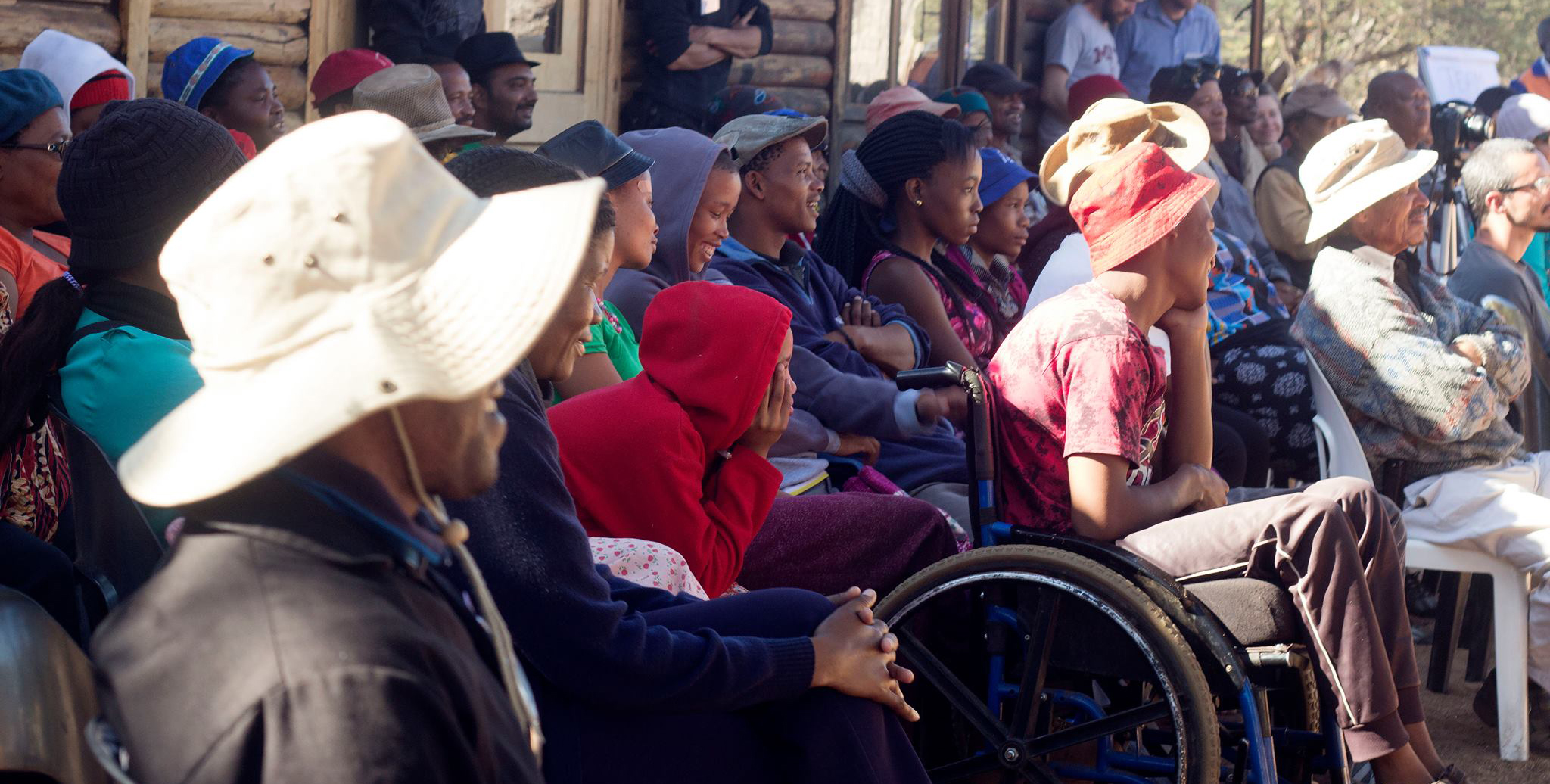Three Social Entrepreneurs Plan to Use Biogas Business to Save Lives in Ethiopia
Augusto Aguilera-Ramirez, an upcoming participant in IDDS Zero Waste; Natalie Markham, an upcoming participant in IDDS D'Kar; and their team member Savannah Miller, are developing and launching a biogas business in Ethiopia aimed at providing affordable, clean-burning cooking fuel, an alleviation to deforestation issues, and, for some, the pride that comes with owning your own business.
The team has been researching biogas as a social business for a year as part of their participation in the Colorado State University Global Social and Sustainable Enterprise (GSSE) MBA program, an academic partner in the IDIN Consortium. They have teamed up with Ethiopia-based (B)energy in order to develop a market-based solution to issues surrounding cooking with solid fuels like firewood.
The team will be traveling this summer to work with (B)energy. In the last 50 years, Ethiopia has lost 98 percent of its forested areas, due in large part to collecting of firewood. Women and girls are generally charged with the task of gathering or purchasing the firewood and walking home with the weight of wood on their backs. This is a tiring and time-consuming process that leaves less time for schoolwork and personal development. Most importantly, each year, 72,400 Ethiopians die because of exposure to indoor air pollution from cooking with solid fuels.
The business model the team hopes to develop is a Social Franchise Model. In this concept, someone buys the right to sell (B)energy technology in their home country, becoming a (B)energy franchisee. They sell biodigesters that turn organic waste like manure, food waste, and energy crops into a cleaner cooking fuel called biogas. Ethiopian families that purchase the biodigesters will use the waste from family livestock to generate a healthier cooking fuel.
The three GSSE students are determined to make the model work in Ethiopia and may even consider the possibility of one day adapting the business to the unique cultural settings of a new country.
“This is a project that can actually change the lives of many people,” exclaims Aguilera-Ramirez. The team is visibly excited about the work they are taking on.
Ethiopia seems a great place to pilot this business. It has the largest livestock population in all of Africa, and that means abundant fuel.
To learn more about their efforts, please contact Augusto Aguilera-Ramirez. The team has also set a crowdfunding campaign and a Facebook page.






